6 Ways Alcohol Affects CGM Data
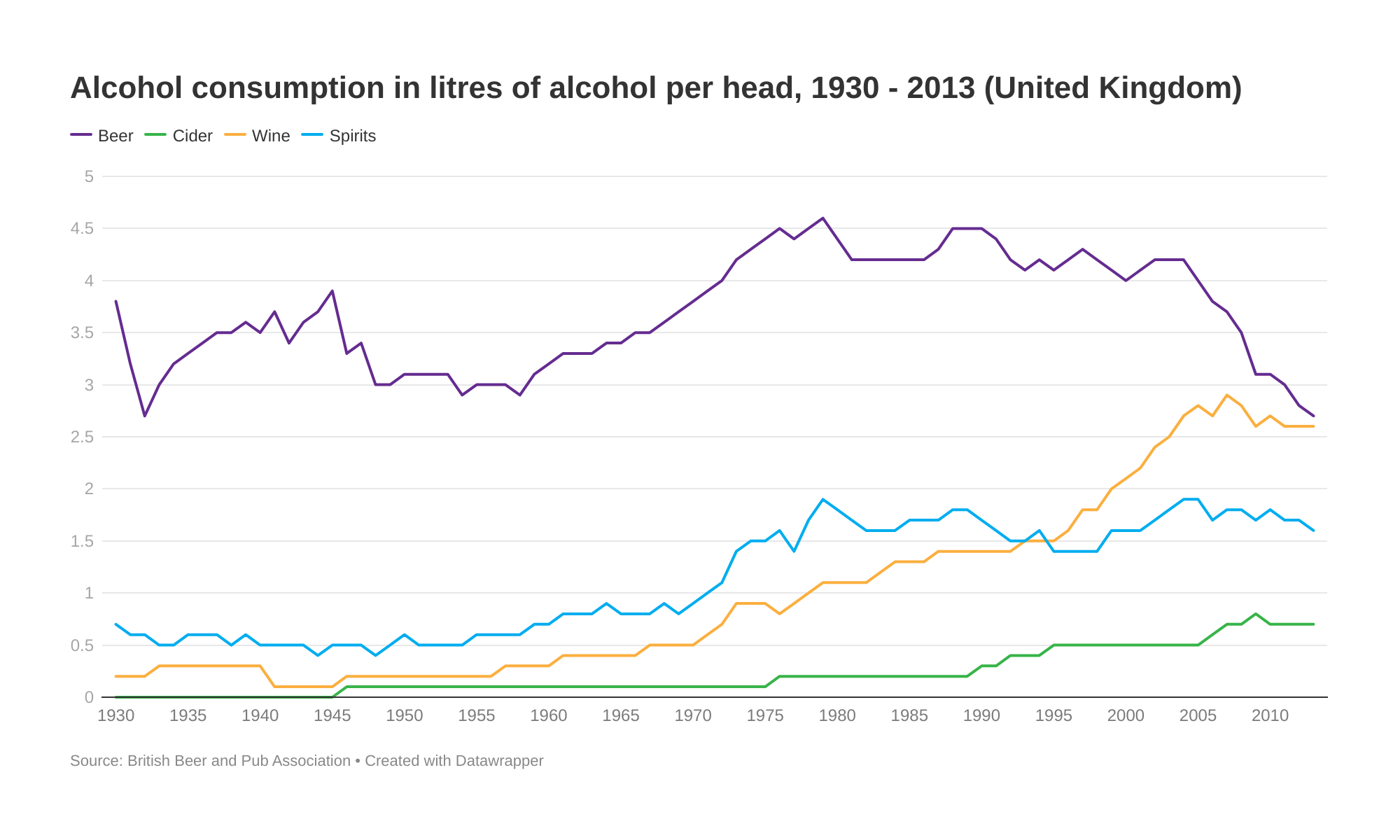
Understanding the Impact of Alcohol on Continuous Glucose Monitoring (CGM) Data

For individuals with diabetes, Continuous Glucose Monitoring (CGM) systems have revolutionized the way glucose levels are tracked and managed. CGM devices provide real-time glucose readings, enabling users to make informed decisions about their diet, exercise, and medication. However, various factors can influence CGM data, including alcohol consumption. In this article, we will explore the effects of alcohol on CGM data and discuss six key ways it can impact glucose readings.
How Alcohol Affects Glucose Metabolism
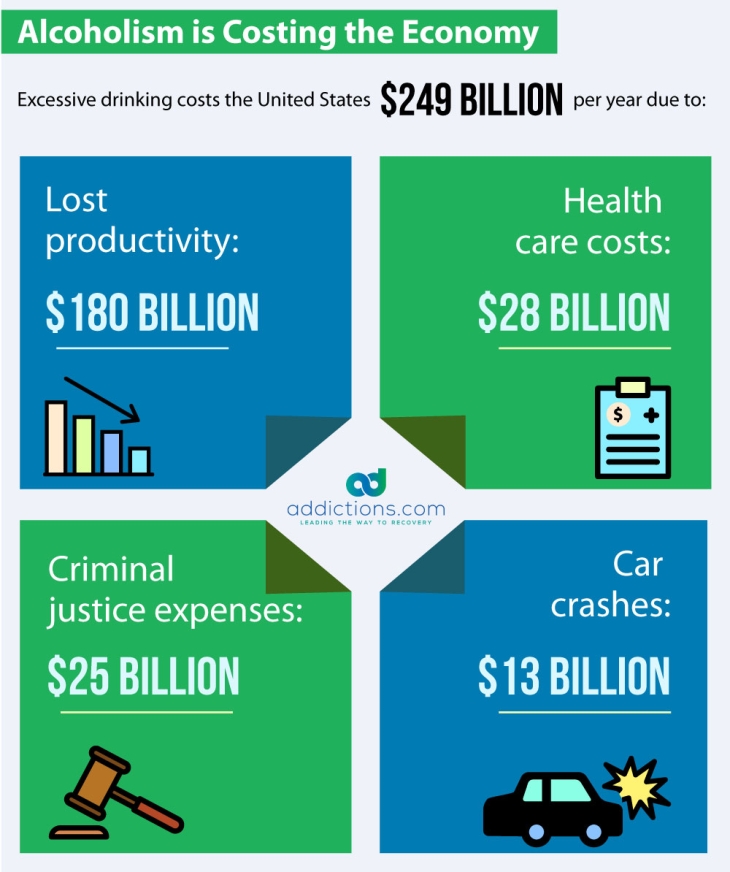
Alcohol is a complex substance that can have both immediate and delayed effects on glucose metabolism. When consumed, alcohol is metabolized by the liver, which prioritizes alcohol breakdown over glucose metabolism. This can lead to fluctuations in blood glucose levels, making it challenging to interpret CGM data.
1. Delayed Glucose Peak
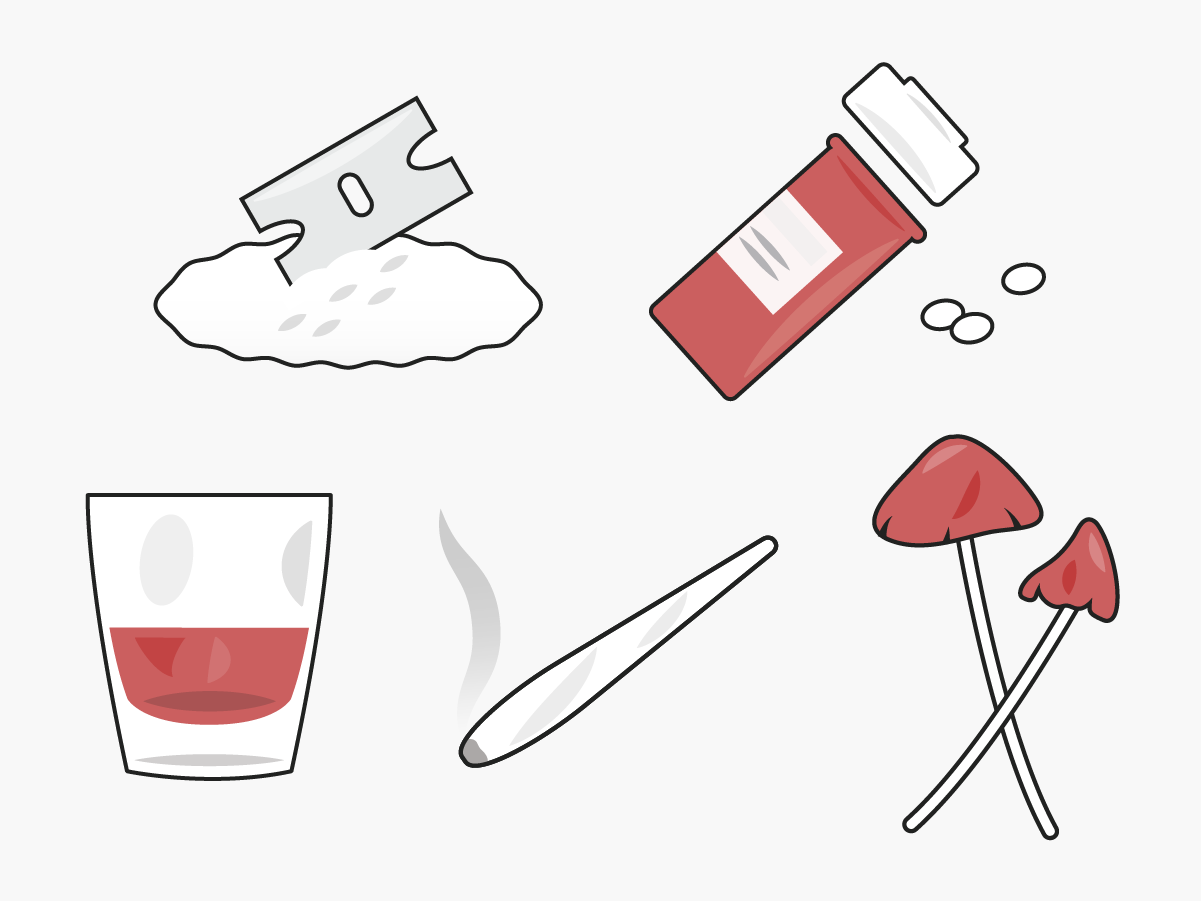
Alcohol can cause a delay in the peak glucose response after consuming carbohydrates. This is because alcohol slows down the digestion and absorption of carbohydrates, leading to a slower increase in blood glucose levels. As a result, CGM data may show a delayed glucose peak, which can make it difficult to adjust insulin dosing or make timely treatment decisions.
📝 Note: It's essential to consider the timing of alcohol consumption when interpreting CGM data, as delayed glucose peaks can lead to inaccurate assumptions about glucose trends.
2. Increased Glucose Variability

Alcohol can increase glucose variability by causing fluctuations in blood glucose levels. This is due to the body’s response to alcohol, which can lead to the release of stress hormones like cortisol and adrenaline. These hormones can raise blood glucose levels, leading to increased glucose variability.
What can you do to minimize glucose variability?

- Monitor CGM data closely after consuming alcohol
- Adjust insulin dosing based on individual responses to alcohol
- Consider using a CGM system with advanced glucose forecasting features
3. False Hypoglycemia Alarms

Alcohol can cause false hypoglycemia alarms on CGM systems. This is because alcohol can cause a rapid drop in blood glucose levels, triggering hypoglycemia alerts. However, this decrease in glucose levels may not be reflective of actual hypoglycemia, leading to unnecessary treatment and potential overtreatment.
📝 Note: Be cautious when responding to hypoglycemia alarms after consuming alcohol, as they may not accurately reflect glucose levels.
4. Impaired Glucose Recovery

Alcohol can impair glucose recovery after hypoglycemia. When the body experiences hypoglycemia, it typically responds by releasing glucose-raising hormones like glucagon. However, alcohol can suppress the release of these hormones, leading to impaired glucose recovery.
What can you do to support glucose recovery?
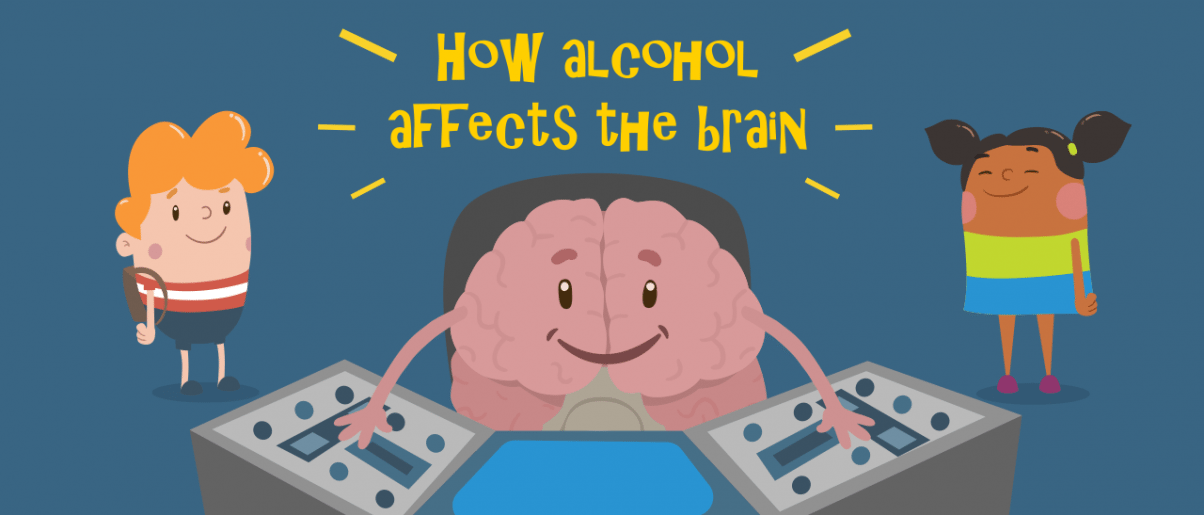
- Consume carbohydrates and protein to help raise blood glucose levels
- Monitor CGM data closely to ensure glucose levels are recovering
- Consider using a CGM system with automated insulin suspension features
5. Increased Risk of Hypoglycemia

Alcohol can increase the risk of hypoglycemia, particularly in individuals taking insulin or sulfonylureas. This is because alcohol can cause a rapid drop in blood glucose levels, leading to hypoglycemia. Additionally, alcohol can impair the body’s ability to respond to hypoglycemia, making it more challenging to recover.
What can you do to reduce the risk of hypoglycemia?

- Monitor CGM data closely when consuming alcohol
- Adjust insulin dosing based on individual responses to alcohol
- Consider using a CGM system with advanced hypoglycemia prediction features
6. Data Accuracy and Reliability
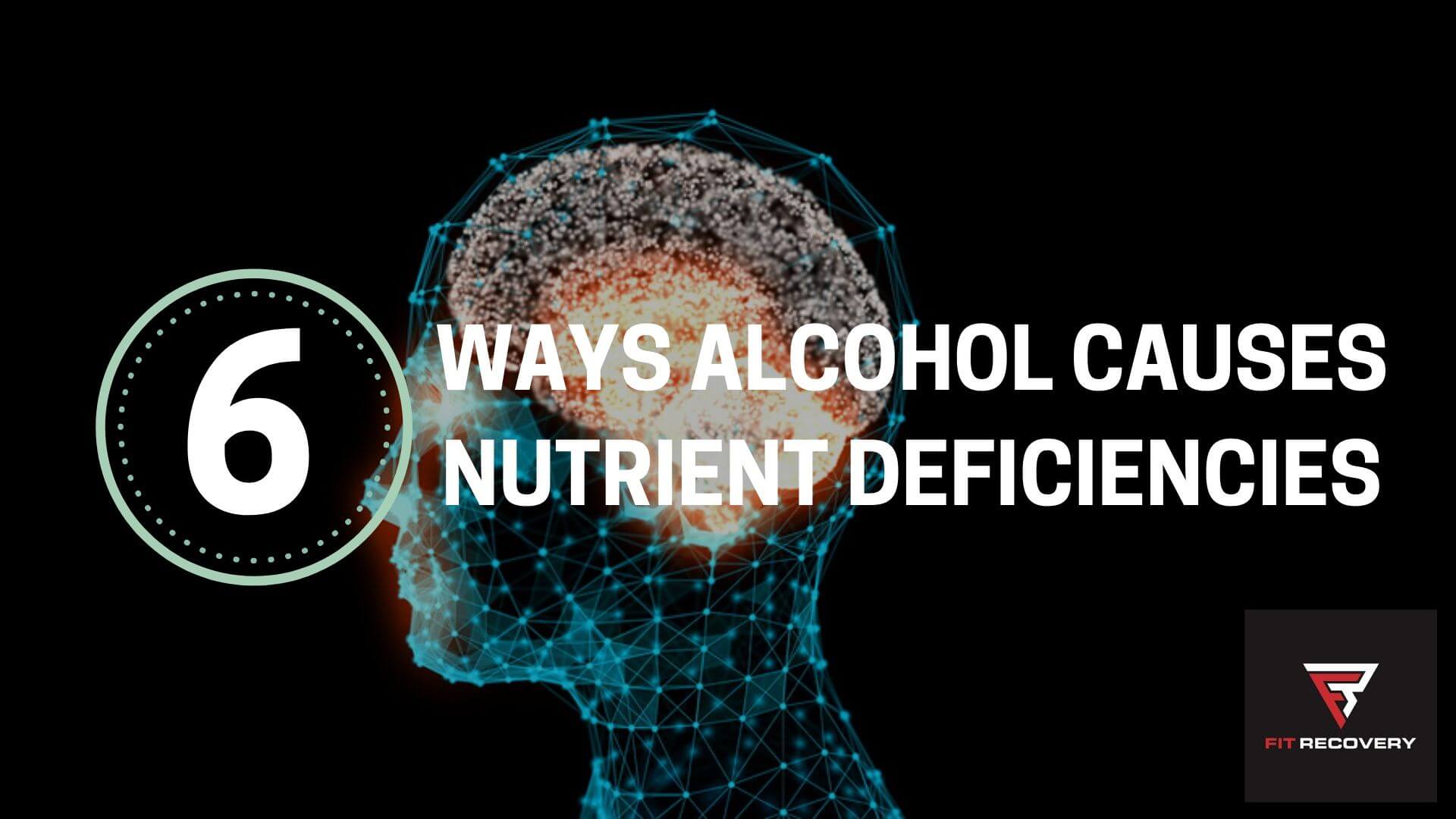
Finally, alcohol can affect the accuracy and reliability of CGM data. Alcohol can cause dehydration, which can lead to inaccurate glucose readings. Additionally, alcohol can affect the functioning of CGM sensors, leading to false or erratic readings.
📝 Note: It's essential to consider the potential impact of alcohol on CGM data accuracy and reliability, particularly when making treatment decisions.
In conclusion, alcohol can have significant effects on CGM data, making it essential to consider its impact when interpreting glucose readings. By understanding the six ways alcohol can affect CGM data, individuals with diabetes can make more informed decisions about their care and management.
How does alcohol affect CGM data?
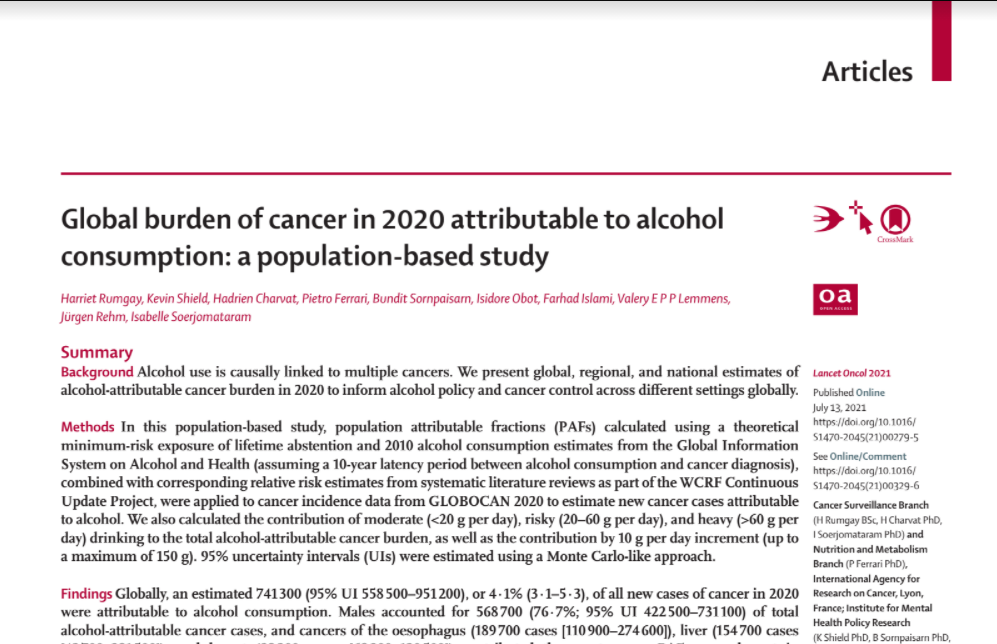
+
Alcohol can affect CGM data in several ways, including delaying glucose peaks, increasing glucose variability, causing false hypoglycemia alarms, impairing glucose recovery, increasing the risk of hypoglycemia, and affecting data accuracy and reliability.
What can I do to minimize the impact of alcohol on CGM data?

+
You can minimize the impact of alcohol on CGM data by monitoring your glucose levels closely, adjusting your insulin dosing based on your individual response to alcohol, and considering using a CGM system with advanced features like glucose forecasting and automated insulin suspension.
Can I trust my CGM data after consuming alcohol?
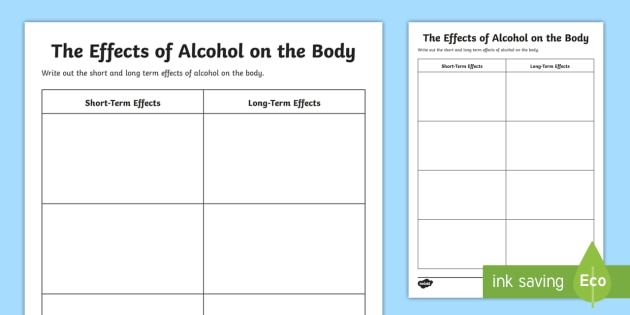
+
It’s essential to consider the potential impact of alcohol on CGM data accuracy and reliability. While CGM systems are designed to provide accurate glucose readings, alcohol can affect the functioning of sensors and lead to false or erratic readings. Always verify your glucose levels with a blood glucose meter if you’re unsure about the accuracy of your CGM data.



